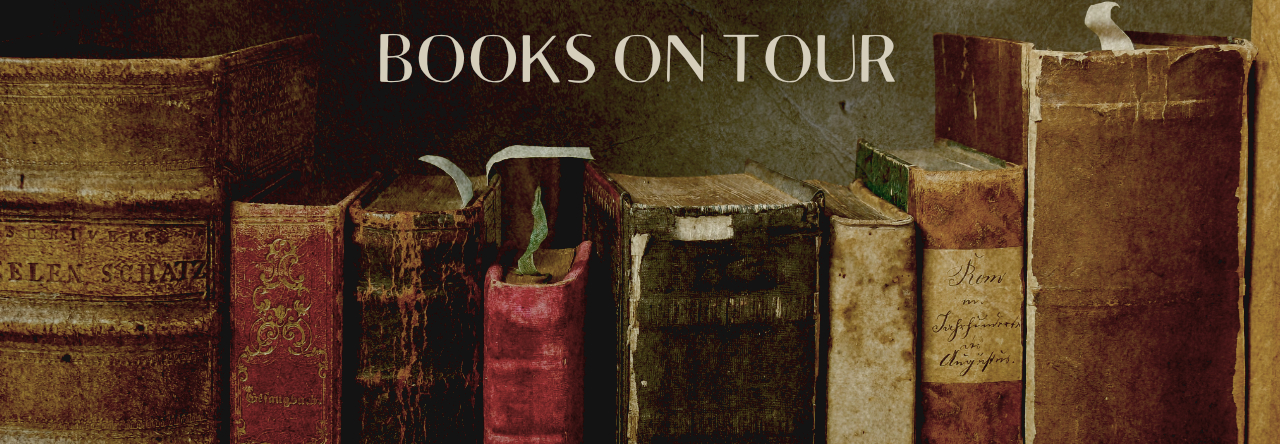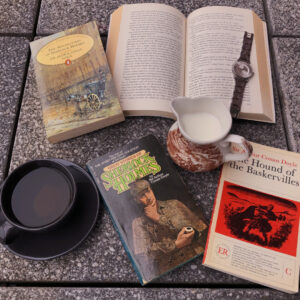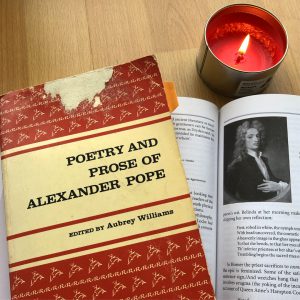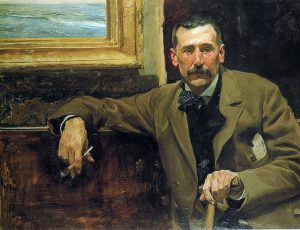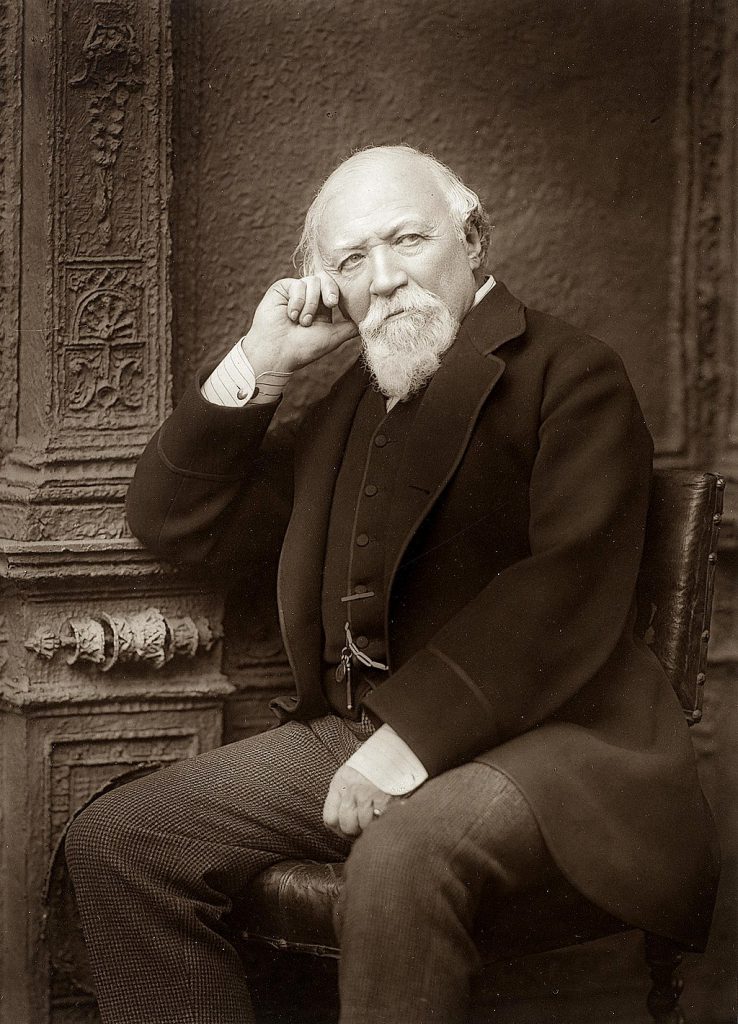
Robert Browning is the major English poet of the Victorian age. Critics praise him for his use of the dramatic monologue and psychological portrait.
He was born on May 7th, 1812 in London. His father, Robert, worked as a clerk at the Bank of England. His mother was Sarah Anna, a religious German-Scottish woman. He had a younger sister called Sarianna. His family was very eager for him to be a poet and they even payed for the publication of his first works.
Browning received little formal education although his father taught him some Greek and Latin. He went to the University of London in 1828 but left soon afterwards.
He lived in London with his parents until 1846. In those years he published his first book “Pauline: A Fragment of a Confession” (1833), although anonymously. In it, Browning showed his own emotions and feelings for which he was criticized. So from now on, he decided to write more objectively and not poured so much his feelings in his writings.
THE GOOD AND THE BAD
Furthermore, while in London, he wrote the volumes “Paracelsus” (1835), “Sordello” (1840), and other woks as well as “Bells and Pomegranates” (1846). This collection includes the narrative poem “Pippa Passes” and the dramatic lyric “Home Thoughts from Abroad”.
“Paracelsus” received good reviews. Nevertheless, “Sordello” was unanimously seen as incomprehensible and nonsensical. To understand the poem, the reader should be acquainted with the subjects it describes.
In 1842 Robert published his “Dramatic Lyrics” which contained his most famous poem (although Browning did not like it) “The Pied Piper of Hamelin”.
In 1845 Robert Browning met the poet Elizabeth Barrett and the following year they married secretly due to the opposition of Elizabeth’s father. They left immediately for Pisa and Florence (Italy) as a recommendation of her doctors because of her poor health. In 1849 they had a son.
He produced few works during his married life. In 1854 he published “Christmas-Eve and Easter-Day” and “Men and Women” (1855), a collection of 51 poems which includes “Love Among the Ruins” and the monologue “Fra Lippo Lippi”.
BACK TO LONDON
Unfortunately in 1861 Elizabeth died and Robert decided to go back to London with his son. After his installation there, he prepared his wife’s “Last Poems” for printing.
As for his own poetry, he finally got recognition with his “Dramatis Personae” (1864) which reached two editions.
However, his masterpiece is the work “The Ring and the Book” (1864-69). It is a novel in verse and a series of dramatic monologues. In it, twelve people recount what happened in a trial for a 17th century Roman murder.
During his last years, Browning was very prolific, writing narrative or dramatic poems including his “Dramatic Idyls” in two volumes (1879-80). He also wrote many collections of short poems and poems on classical subjects.
Robert Browning died on December 12th, 1889 while he was staying in Venice (Italy). He was buried at the Poets’ Corner in Westminster Abbey. He has since then influenced many writers (Henry James, Ezra Pound or T.S. Eliot), specially for his mastery in the use of the dramatic monologue. This literary figure emphasizes the psychology of his characters, which derived in the method of the stream of consciousness.
“Who hears music, feels his solitude
Peopled at once.”
("The complete poetical works of Browning”)
